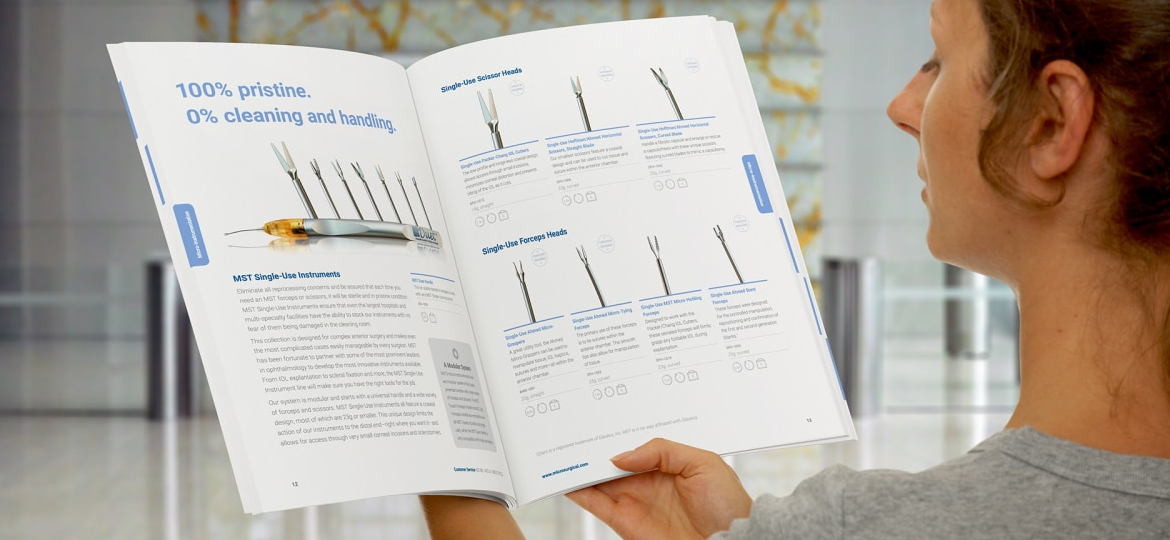First Certificate in English (FCE) Listening Part Four
What exactly will you hear?

You hear an interview or conversation which is about 3- 4 minutes long and have to answer 7 multiple choice questions. There are three options: A, B or C. You will be listening for attitude, opinion, detail, gist, main idea and specific information. Each question is worth one mark. You will hear the audio recording two times, so don’t worry if you don’t understand everything the first time. this is the skill judge by the B2 first (FCE).
Getting ready to listen
By the fourth part of the listening section, you may feel flustered. Calm yourself, focus and remain positive. Breathing slowly and deeply will relax your bodily systems and allow you to listen more attentively.
There is sufficient time to read the questions before you hear the audio recording. Getting an idea of what you are listening for will help you to identify the needed information and ignore the superfluous information. Additionally, read the instructions carefully. You don’t want to lose marks simply because you didn’t follow the instructions.
What do the questions look like?
There are 7 questions with 3 options to choose from. This is an example of Question 1:
Today’s guest…
A. is the director of Toronto University.
B. is the founder of Science4All.
C. teaches at Toronto University.
Here is part of the transcript
Host – Good morning, everyone. Today’s guest is Olivia McKenzie. She is a professor at the biomedical engineering faculty at Toronto University and director of the “Science4All Foundation”, which focuses on engaging young women in science. Welcome, Olivia.
Olivia – Thank you for having me. I’m very happy to be in your program.
Host – Olivia, what’s your first memory of science?
Analysis
A is not correct. She is not the director of the university.
B is not correct. She is not the founder.
C is the correct answer. She is a professor at the biomedical engineering faculty at Toronto University and director of the “Science4All Foundation
Here is the second question for this audio recording.
How does she remember her early encounters with science?
A. Her teacher was too eccentric.
B. She asked herself why her teacher was so curious.
C. Her teacher promoted her curiosity and got her interested in science.
Here is the extract from the audio recording.
Olivia – In high school, I had a physics teacher who was wonderful. He was certainly an eccentric character but very captivating. He gave us great advice and encouraged us to be curious and ask ourselves questions of the sort: “Why is it so?” It was him who sparked my interest in science.
Analysis
A is not correct. He was eccentric, but this was fine with her.
B is not correct. She didn’t ask herself about her teacher’s curiosity.
C is the correct answer. encouraged us to be curious and ask ourselves questions of the sort: …It was him who sparked my interest in science.
Preparing for part four

Part four deals with short interviews. There are many websites with short interviews for you to listen to. News websites that have a section for English learners (BBC, Voice of America) are a good place to find lots of materials. Ideally, you want an interview that has the transcript available, too.
When you practice for part four, don’t only try to find the correct answer. Try to understand why the other choices are wrong as well. This helps to build the skills you need to do well in the exam.
The answers are in the same order as the questions. That means the answers for questions 1 and 2 are in the early part of the audio and the answers for question 7 are near the end of the audio.
Be very suspicious if you hear the exact words from the answers in the audio. This is normally done to distract you. The answers are not normally stated exactly the same as the wording of the three multiple choice options.
You probably won’t know every word; you’ll have to guess the meaning sometimes. Get used to not knowing everything. For some people this is difficult to do, but keep in mind that even in your own language, you don’t hear or understand 100% of what the other person says.
Become comfortable with different accents. There will be accents from different countries, so go to YouTube where there are numerous videos that deal with various accents for learners.
It is important to identify and learn from your mistakes. Don’t just move on to the next question. Take the time to analyze your errors and figure out what you are doing wrong or don’t understand.
If you wish to know about the FCE instructions, you can refer to other articles we have written for you such as FCE Listening Part 2: Sample Test And Exercices.



